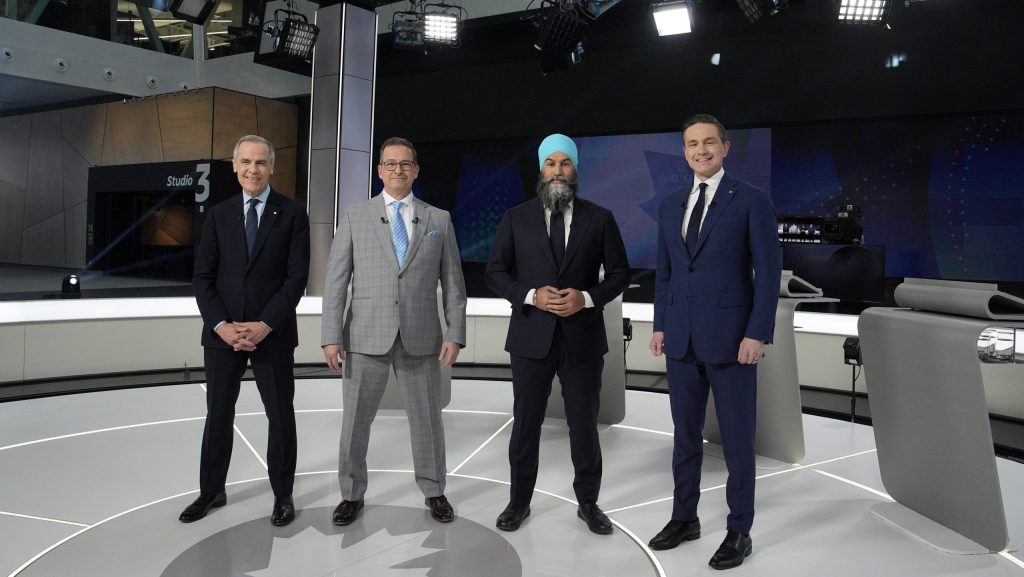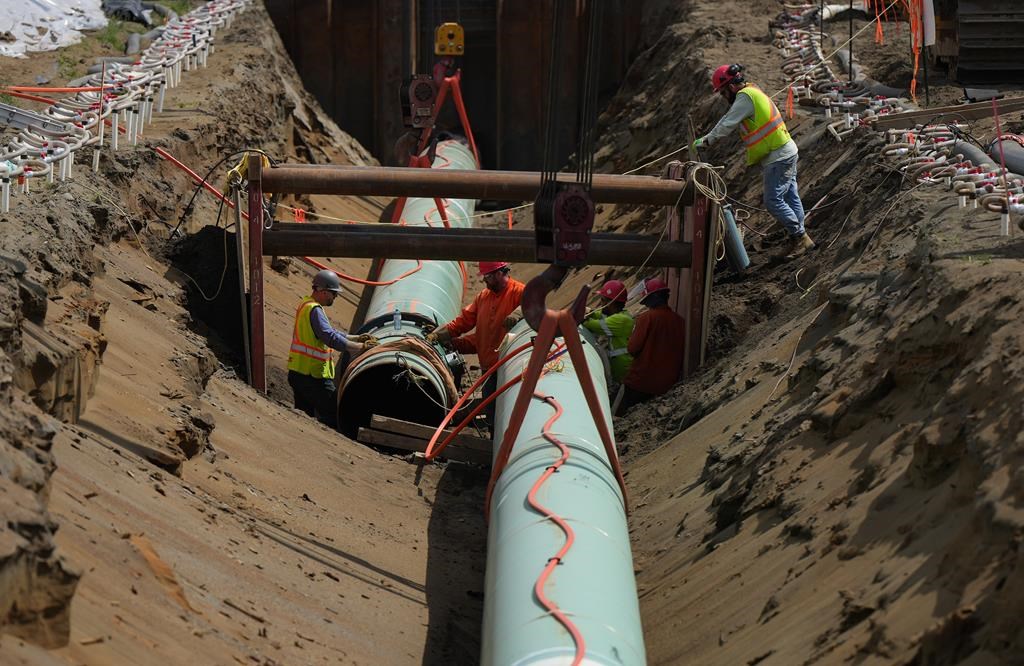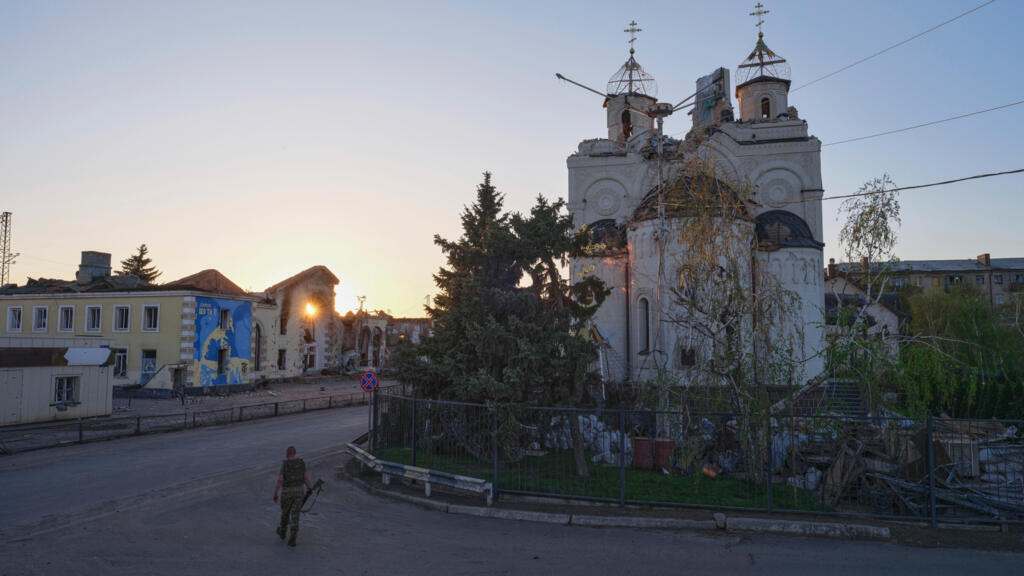As the Liberal party maintained a strong lead in the polls just two weeks ahead of Canada’s general election, Mark Carney faced intense scrutiny during the French-language debate held on April 16, 2025, in Montreal. The event saw leaders from three other main political parties target Carney and the Liberal platform, particularly surrounding economic policies.
Conservative Leader Pierre Poilievre kicked off the evening by criticizing Carney’s alignment with the economic strategies of former Prime Minister Justin Trudeau. Poilievre accused Carney of perpetuating the Liberals’ tradition of raising taxes. Carney responded, “I just got here,” showing signs of frustration. Poilievre pressed further, reminding Carney of his past role as Trudeau’s economic advisor and attacking his tenure as governor of the Bank of England.
Following Poilievre's lead, Bloc Québécois Leader Yves-François Blanchet and NDP Leader Jagmeet Singh echoed the sentiment that Carney mirrored Trudeau’s leadership style. Blanchet articulated, “It’s the same ministers, the same cabinet, the same ideology,” asserting that just changing the leader wouldn’t yield different policies. He also questioned Carney’s political experience and ability to collaborate with other leaders, exemplified by Blanchet’s assertion that he hadn’t received any communication from Carney since his appointment.
The topic of pipelines emerged as a contentious point during the debate. Blanchet accused Carney of sending mixed messages about pipeline projects in Quebec, while Carney denied any intention of imposing such projects. A rare moment of consensus occurred between Carney and Poilievre regarding energy security and the implications of energy passing through the United States, highlighting the shift in Canada’s relationship with its southern neighbor.
Although Carney appeared somewhat irritated by the sustained attacks, he defended his record and accomplishments as Prime Minister, mentioning initiatives like cutting the carbon tax, enhancing military partnerships, and advancing trade discussions with France and the UK. He consistently reminded his opponents that he had just recently taken office, stating, “I just started as prime minister a month ago.”
Throughout the debate, Carney faced scrutiny over employment insurance policies, particularly concerning American tariffs affecting Canadian workers. Singh vehemently attacked Carney’s proposed budgeting measures, equating them to “Harry Potter budget,” and suggesting they were unrealistic. Singh’s performance was marked by limited speaking time, leading to moments where the moderator had to intervene.
The opening exchanges centered on how to navigate the ongoing trade war with the United States and how each leader would approach negotiations with U.S. President Donald Trump. Poilievre claimed that he would initiate negotiations immediately upon taking office to eliminate tariffs. Conversely, Carney emphasized the need for strategic planning and building a robust economy to deal with Trump effectively, asserting that a strong Canada would have leverage in negotiations.
Discussion of trade expanded into reactions toward U.S. products, where all party leaders poked fun at Carney’s previous comment about not buying U.S. strawberries, contrasting their own choices of Canadian goods. This light-hearted moment highlighted the leaders’ attempts to connect with voters over local sourcing issues.
The debate also brushed over crucial domestic issues, including housing construction pledges from Carney and tax-cut promises from Poilievre. Blanchet advocated for Quebec’s economic autonomy while Singh reiterated the NDP's focus on healthcare, criticizing the Liberal approach to these societal matters.
The absence of the Green Party leader, who was disinvited from the debate, drew attention but did not detract from the intensity of the discussions. The debate's time was also adjusted to avoid a conflict with a crucial Montreal Canadiens hockey game, which added an unusual context to the evening's discussions.
Overall, the debate showcased the leaders’ contrasting visions and strategies just days before the pivotal April 28 vote, setting the stage for a competitive election run.










